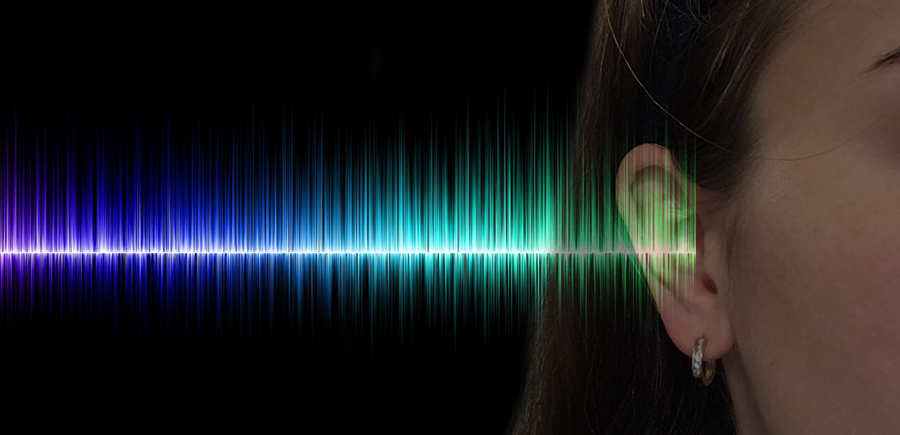Hearing loss is an often overlooked potential complication of diabetes. However, according to the American Diabetes Association, people with diabetes have twice the risk of hearing problems as those without diabetes. Individuals with prediabetes have a 30% higher risk compared to persons with normal blood sugar. Some degree of hearing loss is expected in the aging process, but it appears to be more accelerated in persons with diabetes.
A hearing loss study by the National Institutes of Health, included 5,140 individuals between 20 and 69 years old, of which almost one in ten had diabetes. Among those with diabetes, 21 percent were found to have hearing loss in low and mid-range frequencies, as compared to just 9 percent of non-diabetics. And 54 percent of the people with diabetes had trouble hearing high frequency sounds, as compared to 32 percent without the disease.
The exact relationship between diabetes and hearing loss is unknown, but there are some theories. Poor circulation from prolonged hyperglycemia can contribute to blood vessel damage in the ears, which may interfere with sound conduction. Another theory is that years of uncontrolled blood sugar levels can cause direct nerve damage to the inner ear. Or, it may be a combination of both these factors.
Because of the close correlation between hearing loss and diabetes, National Institutes of Health researchers recommend routine hearing screenings for all people with diabetes. Hearing professionals can track a consistent difference in the ability of those with diabetes to hear low-or middle-frequency sounds. This is important because the difference is subtle and a person may not detect any difference at all on their own, at least not for a long time. More likely, a family member might observe that the individual’s hearing is not as good anymore in certain situations, such as at a noisy restaurant or even in a quieter environment.
Here are some additional hearing loss symptoms to be aware of:
- Thinking that people talking are mumbling
- Words sound dull or unclear
- Not hearing when people speak directly to you
- Frequently asking people to repeat what they said
- Turning up the volume on devices frequently
- Speaking more loudly than necessary
- Increased sensitivity to loud noises (this also could be the sign of a condition called hyperacusis)
- A ringing sound in the ears (this also is associated with a hearing problem called tinnitus)
The effects of hearing loss can range from embarrassment and frustration, to withdrawal, social isolation, anxiety and depression. There is even concern that hearing loss and dementia may be linked. A 2011 study from Johns Hopkins University found that people with mild hearing loss were twice as likely to develop dementia as those with perfect hearing. The risk of dementia was three times greater in participants with moderate hearing loss and five times greater in those with severe hearing loss.
If you or someone you know has diabetes and you suspect hearing loss, talk with your doctor about getting screened. (Diabetes Educators can do an initial screening using this tool). As treatments and technology continue to evolve, there are options available to overcome hearing loss, so people of all ages can stay actively connected to the world.
By Marilyn Novosel, RN,MPH,CDE
Cecelia Health Certified Diabetes Educator
